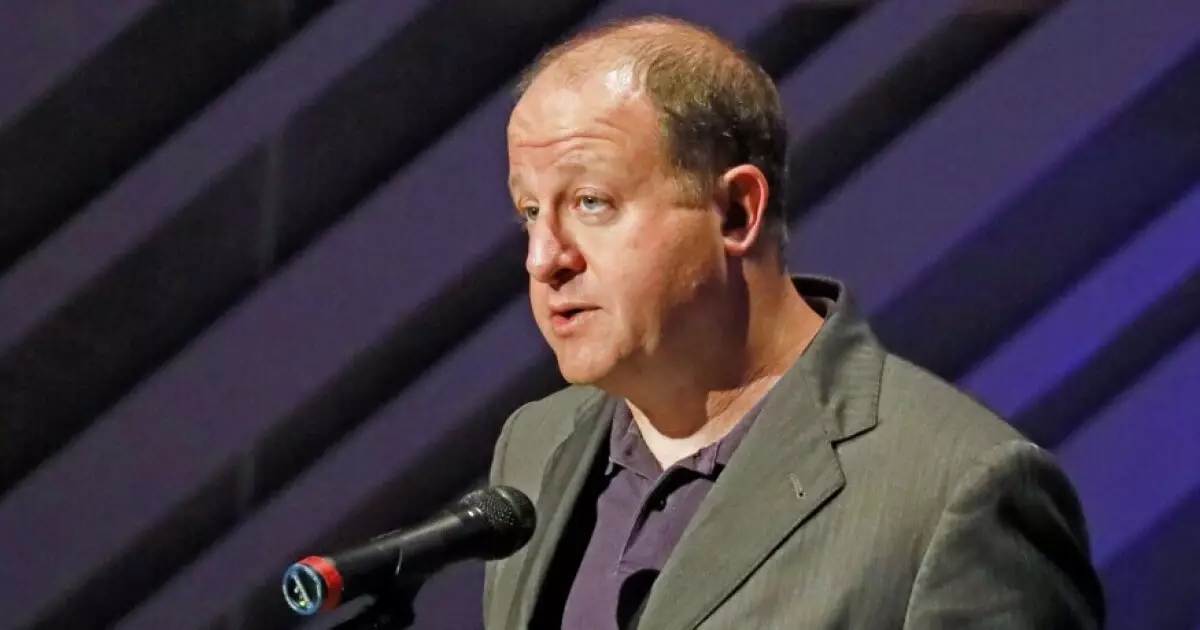The recent special session of the Colorado Legislature concluded with the passing of House Bill 1001, aimed at addressing concerns related to property tax cut initiatives on the upcoming ballot. The bill reflects an agreement reached with backers of Initiative 50 and 108, who agreed to withdraw the measures in exchange for certain provisions being upheld by state officials. Governor Jared Polis praised the outcome of the session as a crucial step towards resolving the property tax conflicts in Colorado.
Initiative 50 proposed a constitutional amendment imposing a 4% cap on statewide property tax revenue growth, with the condition that it could only be lifted with voter approval. This initiative raised significant apprehension within the Colorado bond market community due to the lack of clarity on its implementation and potential implications on issuer borrowing costs. Industry professionals warned that the measure could lead to increased litigation, particularly affecting metropolitan districts that rely on property taxes for funding public infrastructure projects.
Zach Bishop, head of Piper Sandler’s special district group public finance investment banking, highlighted the importance of balancing property tax reductions with safeguards for special district debt that supports affordable housing initiatives in the state. Ann Terry, CEO of the Special District Association of Colorado, expressed concerns over the potential financial impact on certain districts as a result of the legislation. While the full scope of the bill’s repercussions remains uncertain, some districts may face challenges in managing their finances effectively.
During the special session, multiple bills were introduced, including a proposed constitutional amendment focused on local control of property tax adjustments. Despite passing in the House, this measure failed to advance past the Senate committee. Ultimately, only HB 1001 and HB 1003, which addresses personal property tax exemptions for agriculture, garnered final approval. HB 1001 builds upon previous property tax reductions expected through Senate Bill 233, with additional adjustments to tax revenue growth limits for school districts and local governments.
Under HB 1001, property taxes are slated to decrease by $255 million in 2025, with a further reduction to $295 million in 2026. To compensate for the lost local revenue, the state will be required to allocate resources accordingly. The Colorado Fiscal Institute estimates that these adjustments could result in substantial tax cuts over the next few years, particularly as home values continue to rise. In light of the repeal of the state’s Gallagher Amendment in 2020, legislators have been focusing on implementing measures to stabilize property tax rates and alleviate financial burdens on residents.
The recent legislative developments surrounding property tax reductions in Colorado have significant implications for the state’s municipal bond market and special districts. While efforts have been made to strike a balance between tax relief for residents and financial sustainability for public infrastructure projects, ongoing monitoring and evaluation will be essential to assess the long-term effects of these policy changes. As Colorado navigates through these transitions, stakeholders across various sectors must collaborate to ensure a stable and thriving economic landscape for all residents.

